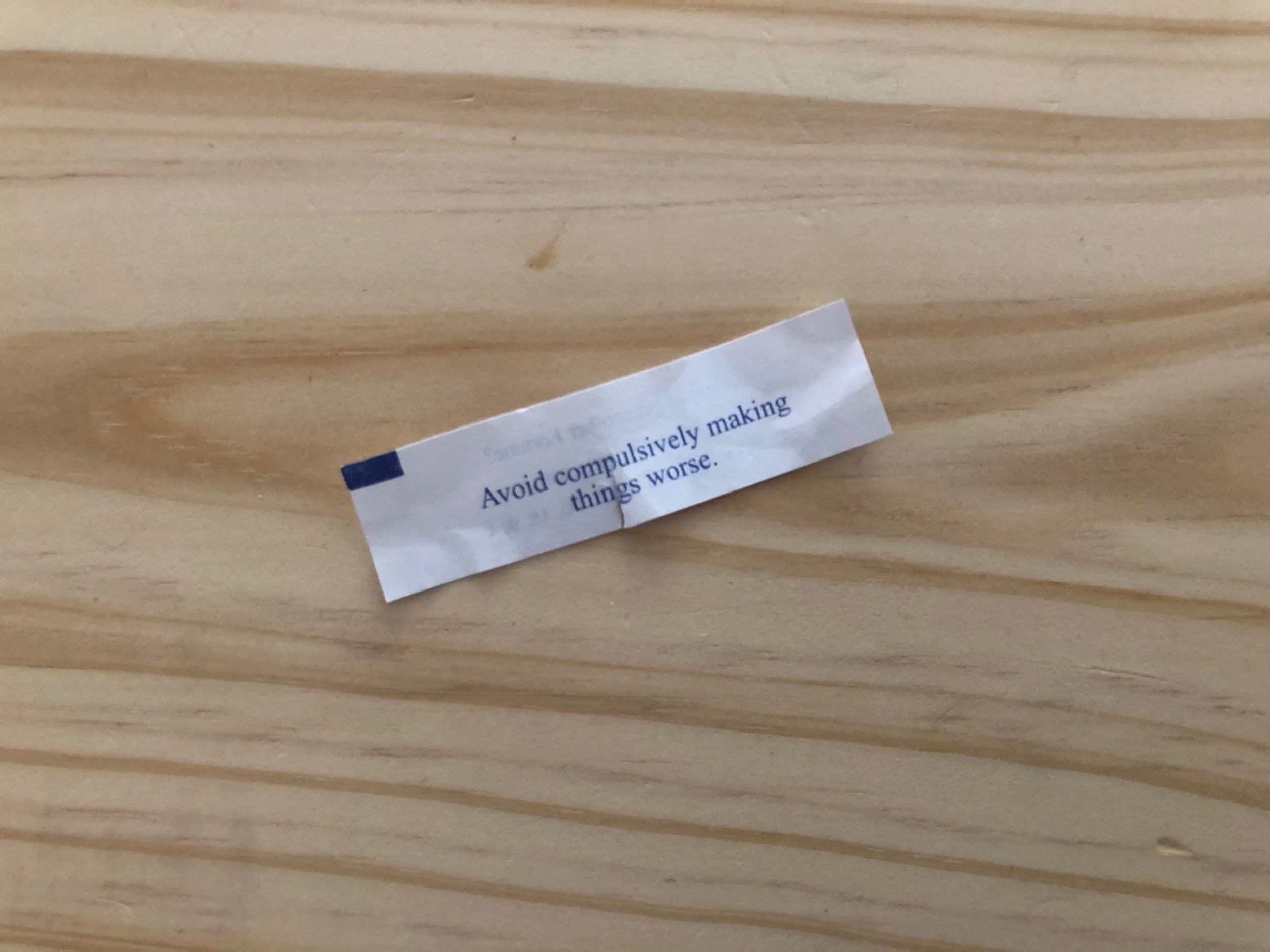Do you hold this counterproductive belief, too?
Maybe it’s from mom. Or dad. Or grandpa or grandma…or their grandma and grandpa.
It probably goes back farther than that, because it’s so ingrained in most of us that we don’t even see it. To paraphrase David Foster Wallace, it’s like water to a fish — so ubiquitous we’re unaware of it.
It’s this belief: “The only way a child will behave correctly is if they know they are being monitored and judged at all times, and it is my responsibility to be the judge.”
Isn’t it exhausting?
What if it isn’t true?
What if, instead of believing that kids have to be shamed or coerced into doing good things or not doing bad things, we choose to believe that children (and all humans) carry with them a deep, innate desire to grow and progress?
We all remember adults in our lives whom we could never seem to please. Do you remember how crushed you were when the artwork or schoolwork or act of service you worked so hard on was met with criticism or indifference? I do.
These days, I have compassion for the authority figures who hurt me in this way. They were just doing what they thought they were supposed to do.
Many years back, as a piano instructor, I decided that I was going to stop lecturing kids about their practice habits. It didn’t work anyway. Instead, I would simply praise whatever practice happened.
Some kids made amazing transformations. For some, it made no difference. And some, perhaps, would have responded positively to being pushed harder. Maybe just for the short term, but possibly even for the long term. I’ll never know — I am out of the business of making kids cry.
The biggest transformation was my own. Because questioning the basic kid/adult (and teacher/student) relationship has grown into a lifelong pursuit. There is still so much work to do. Even as I’ve grown more effective as an educator, more mindful about my relationships with the people I mentor, and more patient with my fellow humans, there is still that voice telling me I need to do more, move faster, push harder, and be more demanding. Maybe that voice will never leave me — or maybe it’s serving a useful purpose. I don’t know.
I do know that each day that I continue to slow down and see each person I work with as a human being wanting to be their own best self, I feel a deep sense of peace and purpose. The “anxious authority” of the past is silent. Perhaps it is listening.
